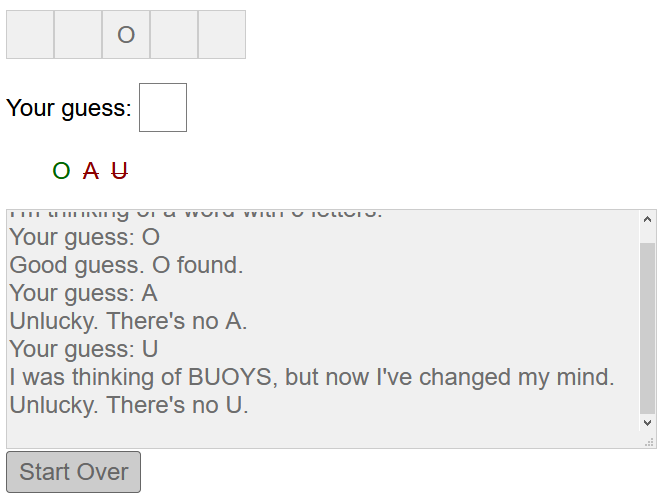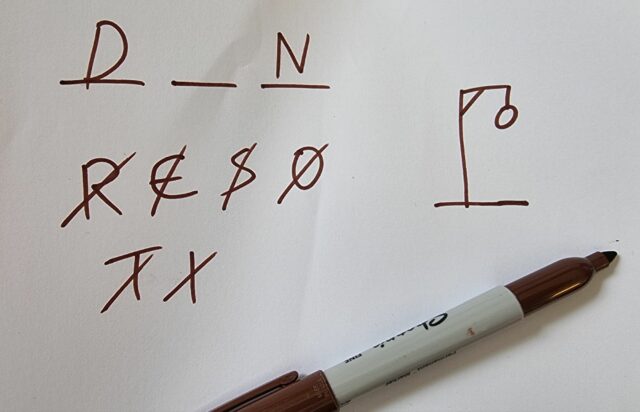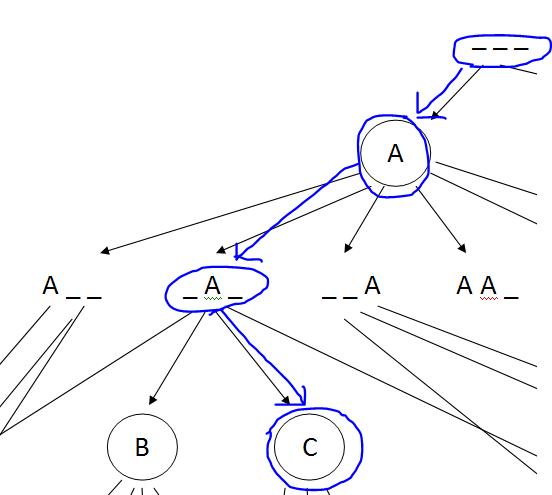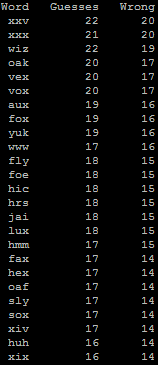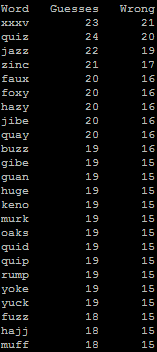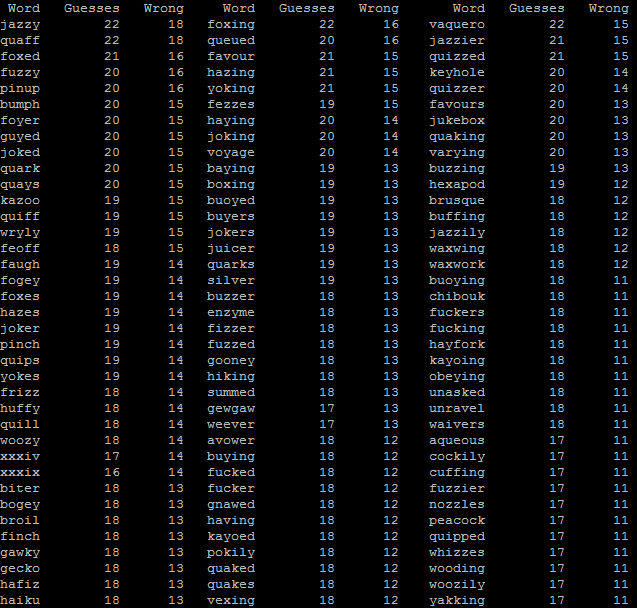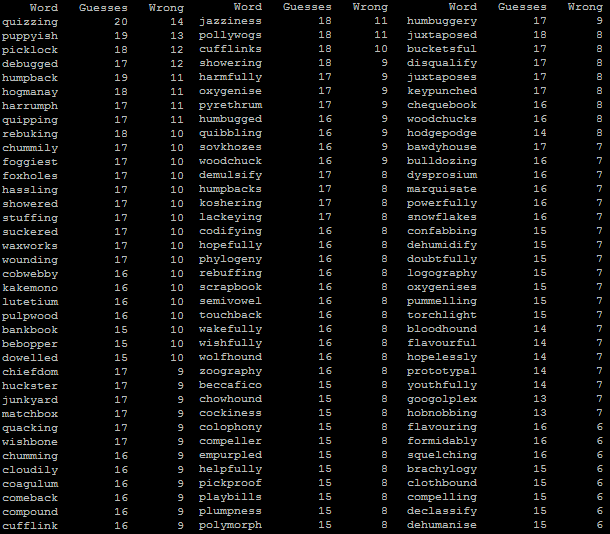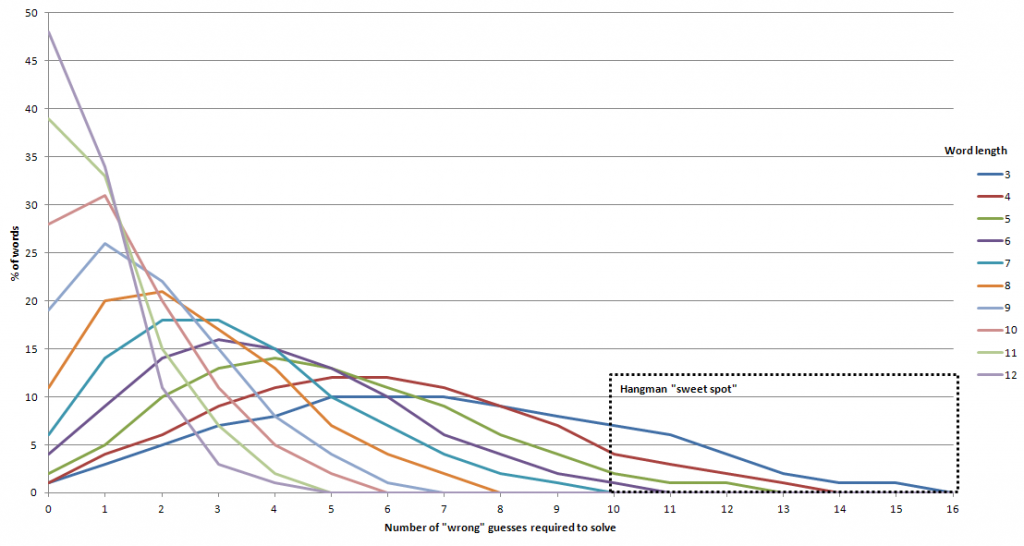tl;dr: I’m tidying up and consolidating my personal hosting; I’ve made a little progress, but I’ve got a way to go – fortunately I’ve got a sabbatical coming up at work!
At the weekend, I kicked-off what will doubtless be a multi-week process of gradually tidying and consolidating some of the disparate digital things I run, around the Internet.
I’ve a long-standing habit of having an idea (e.g. gamebook-making tool Twinebook, lockpicking puzzle game Break Into Us, my Cheating Hangman game, and even FreeDeedPoll.org.uk!), deploying it to one of several servers I run, and then finding it a huge headache when I inevitably need to upgrade or move said server because there’s such an insane diversity of different things that need testing!
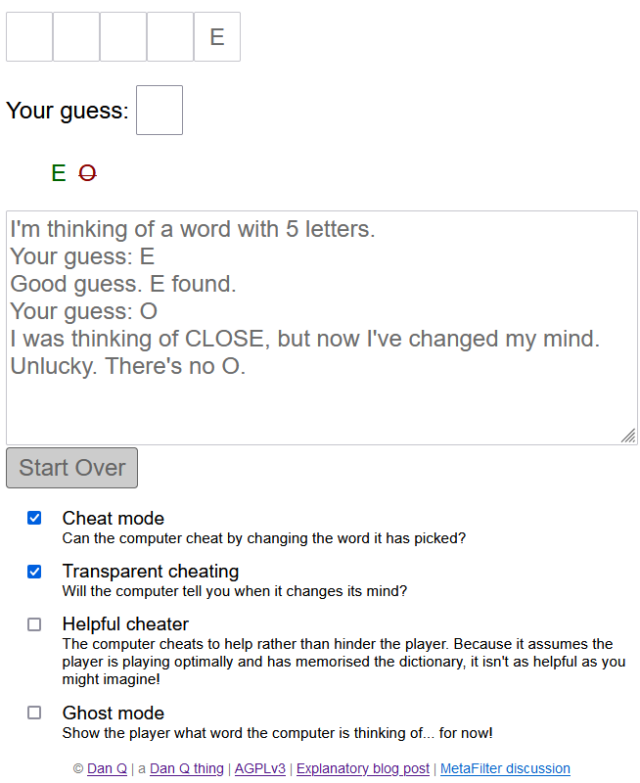
I can simplify, I figured. So I did.
And in doing so, I rediscovered several old projects I’d neglected or forgotten about. I wonder if anybody’s still using any of them?
Hosting I’ve tidied so far…
- Cheating Hangman is now hosted by GitHub Pages.
- DNDle, my Wordle-clone where you have to guess the Dungeons & Dragons 5e monster’s stat block, is now hosted by GitHub Pages. Also, I fixed an issue reported a month ago that meant that I was reporting Giant Scorpions as having a WIS of 19 instead of 9.
- Abnib, which mostly reminds people of upcoming birthdays and serves as a dumping ground for any Abnib-related shit I produce, is now hosted by GitHub Pages.
- RockMonkey.org.uk, which doesn’t really do much any more, is now hosted by GitHub Pages.
- EGXchange, my implementation of a digital wallet for environmentally-friendly cryptocurrency EmmaGoldCoin, which I’ve written about before, is now hosted by GitHub Pages.
- Sour Grapes, the single-page promo for a (remote) murder mystery party I hosted during a COVID lockdown, is now hosted by GitHub Pages.
- A convenience-page for giving lost people directions to my house is now hosted by GitHub Pages.
- Dan Q’s Things is now automatically built on a schedule and hosted by GitHub Pages.
- Robin’s Improbable Blog, which spun out from 52 Reflect, wasn’t getting enough traffic to justify “proper” hosting so now it sits in a Docker container on my NAS.
- My μlogger server, which records my location based on pings from my phone, has also moved to my NAS. This has broken Find Dan Q, but I’m not sure if I’ll continue with that in its current form anyway.
- All of my various domain/subdomain redirects have been consolidated on, or are in the process of moving to, to a tiny Linode/Akamai instance. It’s a super simple plain Nginx server that does virtually nothing except redirect people – this is where I’ll park the domains I register but haven’t found a use for yet, in future.

It turns out GitHub pages is a fine place to host simple, static websites that were open-source already. I’ve been working on improving my understanding of GitHub Actions anyway as part of what I’ve been doing while wearing my work, volunteering, and personal hats, so switching some static build processes like DNDle’s to GitHub Actions was a useful exercise.
Stuff I’m still to tidy…
There’s still a few things I need to tidy up to bring my personal hosting situation under control:
DanQ.me

This is the big one, because it’s not just a WordPress blog: it’s also a Gemini, Spartan, and Gopher server (thanks CapsulePress!), a Finger server, a general-purpose host to a stack of complex stuff only some of which is powered by Bloq (my WordPress/PHP integrations): e.g. code to generate the maps that appear on my geopositioned posts, code to integrate with the Fediverse, a whole stack of configuration to make my caching work the way I want, etc.
FreeDeedPoll.org.uk
Right now this is a Ruby/Sinatra application, but I’ve got a (long-running) development branch that will make it run completely in the browser, which will further improve privacy, allow it to run entirely-offline (with a service worker), and provide a basis for new features I’d like to provide down the line. I’m hoping to get to finishing this during my Automattic sabbatical this winter.

A secondary benefit of it becoming browser-based, of course, is that it can be hosted as a static site, which will allow me to move it to GitHub Pages too.
Geohashing.site
When I took over running the world’s geohashing hub from xkcd‘s Randall Munroe (and davean), I flung the site together on whatever hosting I had sitting around at the time, but that’s given me some headaches. The outbound email transfer agent is a pain, for example, and it’s a hard host on which to apply upgrades. So I want to get that moved somewhere better this winter too. It’s actually the last site left running on its current host, so it’ll save me a little money to get it moved, too!
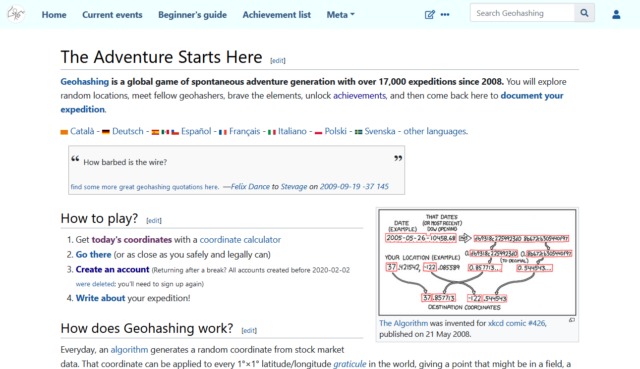
My FreshRSS instance
Right now I run this on my NAS, but that turns out to be a pain sometimes because it means that if my home Internet goes down (e.g. thanks to a power cut, which we have from time to time), I lose access to the first and last place I go on the Internet! So I’d quite like to move that to somewhere on the open Internet. Haven’t worked out where yet.
Next steps
It’s felt good so far to consolidate and tidy-up my personal web hosting (and to rediscover some old projects I’d forgotten about). There’s work still to do, but I’m expecting to spend a few months not-doing-my-day-job very soon, so I’m hoping to find the opportunity to finish it then!

